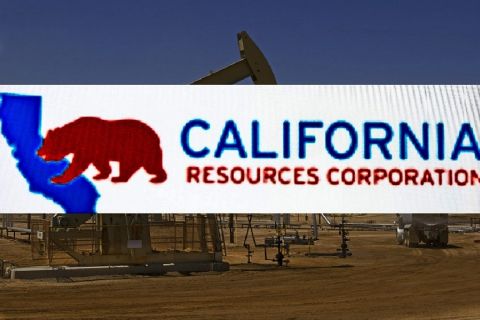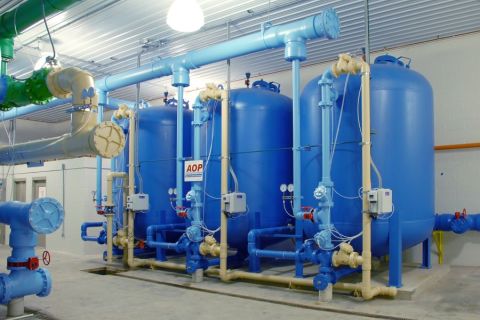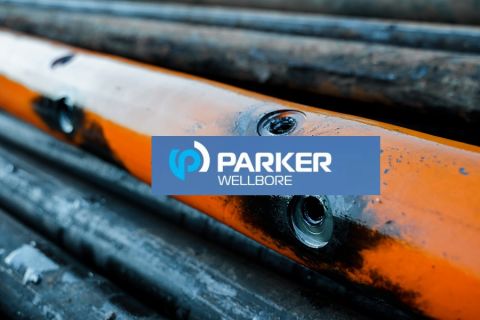The midstream sector has experienced quite a turnaround during the past several years, moving from a lack of access to capital in 2008 and 2009 to the current period in which there has been a tremendous injection of capital into the market.
"When we were out looking for financial backing, we discovered there is no lack of capital," says Mike Howard, chairman and chief executive of newly formed Howard Midstream Energy Partners LLC (HEP). "That's been the easiest part of the equation. Finding a deal is much harder than finding the money for the deal."
This echoes similar statements from some of the newer entrants into the midstream sector throughout the past few years. The market remains enticing because of the amount of production coming out of new shale plays that require large infrastructure build-out.
In June, San Antonio-based HEP completed its first two midstream-related acquisitions as the company acquired Texas Pipeline LLC and Bottom Line Services LLC for a combined $76 million. Crosstex Energy LP and Quanta Services Inc. each provided $35 million in initial funding in exchange for an equity interest in HEP. Additional funds were provided by management of HEP, management of Bottom Line Services and a private investor.

“Finding a deal is much harder than finding the money for the deal.” — Mike Howard, chairman and chief executive, Howard Midstream Energy Partners LLC
Business lines
Texas Pipeline operates 250 miles of large-diameter gathering pipelines in Dimmit, Frio, Maverick and Zavala counties and transports production for producers that target the Eagle Ford and Pearsall shales. The pipeline system is in the vicinity of more than one million acres of owned and operated oil and natural gas leases. The company recently negotiated new long-term commitments for transportation and gathering that will extend the existing system another 30 miles by third-quarter 2011.
Bottom Line Services has built more than 500 miles of pipeline and installed more than 70 midstream facilities, including amine plants, cryogenic processing plants and compressor stations. It has been in business since 2003 and is currently involved in more than 30 construction projects for numerous producers in the Eagle Ford shale.
As of June 30, HEP has about $10 million in cash, an undrawn credit facility of $20 million, and a team of industry-savvy individuals who have the instincts to recognize good opportunities and the experience to put them to work.
Before HEP, Howard was president of midstream for Energy Transfer Partners LP, responsible for the largest divisions of the company which operated 17,500 miles of intrastate and interstate natural gas pipelines, plants and storage facilities. During his tenure there, he actively participated in the growth of the company through more than $7.5 billion in projects. Previously, he was vice president of engineering and operations for Crosstex Energy Partners LP.
Brad Bynum is co-founder, president and chief financial officer of HEP. Before HEP, Bynum was chief financial officer of Hall-Houston Exploration Partners LLC, an offshore Gulf of Mexico exploration and production company, and continues to serve as a general partner there. Prior to that, he was an investment banker at Merrill Lynch & Co. where he focused on the energy sector. He also serves on the board of directors of Magnum Hunter Resources Corp., a position he has held since 2006.
First and future deals
According to the founders, completing the first deal was worth the struggle because of the strength of the opportunities being presented by producers.
"We're willing to bootstrap in and use a lot of sweat equity that we feel will lead to more midstream deals," Bynum says. "We think we're getting into business at a good time because producers aren't going to want to own their midstream assets in the future. We'll be in a good position to take those assets over."
Although Crosstex provided HEP with equity to complete these acquisitions, Howard says that the companies are competitors outside of the Eagle Ford. He notes that it made sense for the two companies to work together in the Eagle Ford play because Crosstex did not have any assets in the Eagle Ford
"Crosstex is an equity provider with a minority interest in Howard Energy Partners and is expected to provide funding for further operations, along with Quanta and a limited number of private investors," Howard says.
Despite their status as competitors outside of the Eagle Ford, Howard said that he would like the two companies to work together on other deals as partners if it makes sense for both sides.
Greenfield projects
Also, although the company will continue to study further acquisitions, Howard says HEP will mainly focus on greenfield projects, especially around its assets in the Eagle Ford. The bulk of the work will be focused on adding gathering lines and capacity that will connect wellheads with the major interstate and intrastate pipelines.
"We prefer greenfield, but we're open to acquiring strategic assets, such as Texas Pipeline," he says. "In many ways, the best way to pick up a deal right now is to build it yourself, but this asset was relatively underutilized with a bright future and acreage around it with strong partners and producers."
Meanwhile, additional projects could be quite large in both scope and costs, says Howard. The company had placed bids on several large build-outs in South Texas.
"Just because of the size of the play, there are so many wells to be drilled and so much infrastructure to put in. We're not really limited by what we can go after. We think that, with the experience of our management team and our Bottom Line construction arm, we have a leg up to provide companies with the speed and cost-effectiveness they're looking for."

“We’re willing to bootstrap in and use a lot of sweat equity that we feel will lead to midstream deals.” — Brad Bynum, president and chief financial officer, Howard Midstream Energy Partners LLC
Although the company's primary growth focus is in the Eagle Ford, HEP is also interested in adding assets in the Granite Wash and the Avalon, Bossier, Haynesville and Bakken shale plays. HEP will not likely look at opportunities in the Marcellus and other northeastern plays, at least for now.
The minority interest from Crosstex and Quanta has enabled the company to garner the support of other potential investors, says Howard. "With our strategic partners and the large amount of interest we have received from private equity, we believe we will have the capacity for large projects."
Going forward, HEP will provide engineering, construction and midstream-operating expertise to its customers. "We can take the gas from the wellhead, fully design and construct the project, and provide all of the midstream services you would expect, including processing," he says.
"We have a lot of experience in processing, but we're a little behind the eight-ball for processing in the Eagle Ford," he admits. "A lot of companies have announced projects and a lot of plants have been purchased. Unless we joint venture with a company that already has a plant and can gain some ownership in the facility, I don't see it in our cards."
Additionally, the company is currently exploring the possibility of adding manufacturing of the "parts and pieces" to cover the midstream infrastructure build-up in many of the shale plays. The manufacturing segment would be used to help producers build their own midstream assets.
"We're not against helping producers succeed if we can't own the midstream assets," Howard says.
Recommended Reading
NOG Closes Utica Shale, Delaware Basin Acquisitions
2024-02-05 - Northern Oil and Gas’ Utica deal marks the entry of the non-op E&P in the shale play while it’s Delaware Basin acquisition extends its footprint in the Permian.
California Resources Corp., Aera Energy to Combine in $2.1B Merger
2024-02-07 - The announced combination between California Resources and Aera Energy comes one year after Exxon and Shell closed the sale of Aera to a German asset manager for $4 billion.
DXP Enterprises Buys Water Service Company Kappe Associates
2024-02-06 - DXP Enterprise’s purchase of Kappe, a water and wastewater company, adds scale to DXP’s national water management profile.
Pioneer Natural Resources Shareholders Approve $60B Exxon Merger
2024-02-07 - Pioneer Natural Resources shareholders voted at a special meeting to approve a merger with Exxon Mobil, although the deal remains under federal scrutiny.
Parker Wellbore, TDE Partner to ‘Revolutionize’ Well Drilling
2024-03-13 - Parker Wellbore and TDE are offering what they call the industry’s first downhole high power, high bandwidth data highway.





